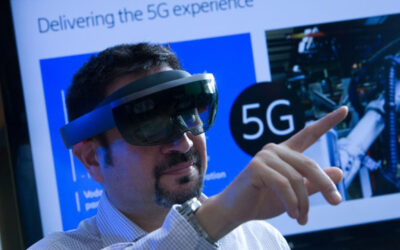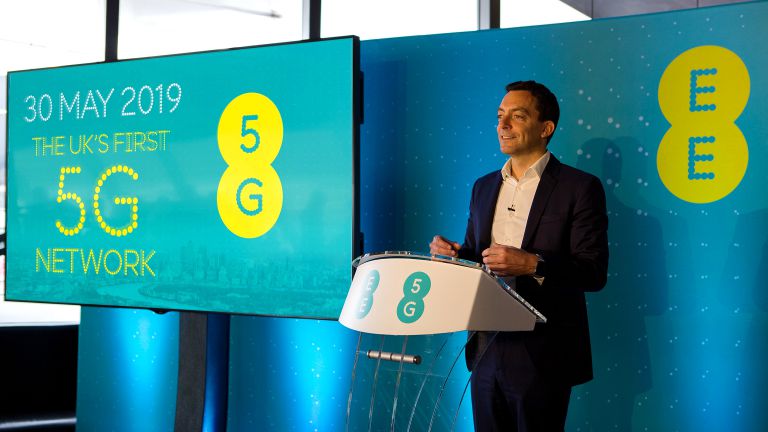The arrival of 5G connectivity is another landmark in the progress of mobile technology in the UK. Promising “faster, more reliable connections”, it has been rolled out by EE across London, Cardiff, Belfast, Edinburgh, Birmingham and Manchester.
It will also be available in busy parts of Hull, Leeds, Liverpool, Newcastle and Sheffield.
Many will be anticipating its arrival with interest, and pushing its limits to see what it can do at this early stage.
Here’s a quick breakdown of what 5G means for consumers:
What is it? 5G is a much faster and more reliable mobile network that enables smart devices to complete downloads quicker, load apps and pages faster, and stream videos more seamlessly. It’s not just about speed, either – mobile networks will now be able to handle more individual connections at one time. So where 4G could handle around 60,000 connections per square km, 5G can in theory handle more than 1 million.
How much faster will things go? EE claims customers using 5G will notice internet speeds increasing by 100 – 150Mbps (megabits per second), up from the average of 30Mbps while using 4G. That’s a potential speed increase of 500% – just a promise right now, and definitely not available from today. Most reviewers talking today have experienced periods of high speed interspersed with fairly normal browsing speeds.
On what networks is 5G available? Right now, just EE. The BT-owned company were the first to release the capability, in a limited capacity, across six UK cities. Vodafone is planning to launch their 5G network in the coming weeks, and O2 will later this year. Others will surely follow soon.
Is my phone 5G compatible? Unlikely. There are a select number of phones which are currently 5G-enabled. Apple isn’t expected to release a 5G-enabled phone until late 2020.
Whilst a number of manufacturers are scheduled to release 5G enabled phones later this year, the only phone which is available now is the OnePlus 7Pro 5G.
Here’s what people on social media experienced and commented about their first few hours using 5G.
Broadcasting – with difficulty – over 5G
The BBC’s technology correspondent Rory Cellan-Jones showed Twitter that he and his team were preparing for “the first live TV broadcast over a 5G network”. However, he was having teething problems within a few minutes.
The broadcast was delayed after the Huawei equipment he was using encountered problems with data consumption.












